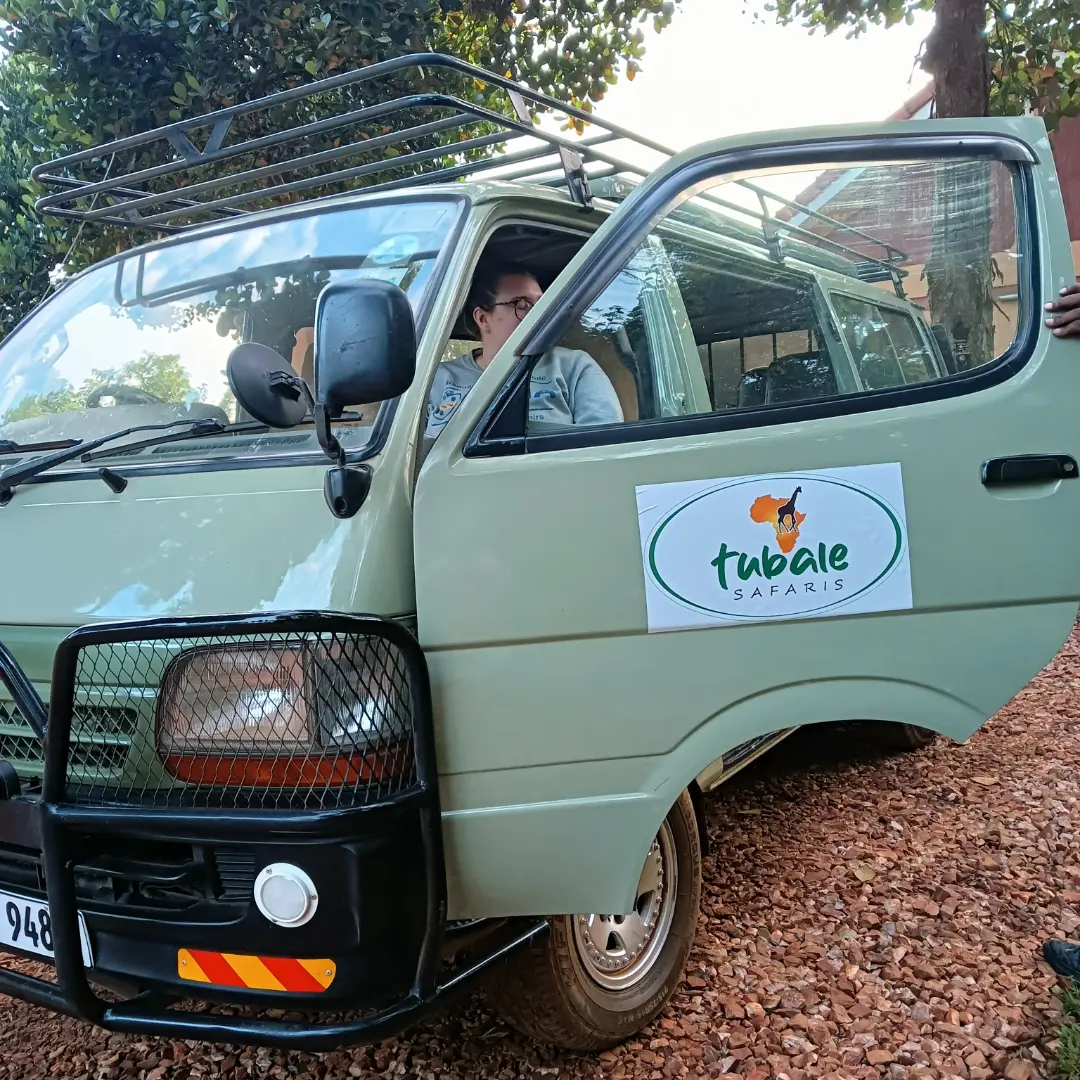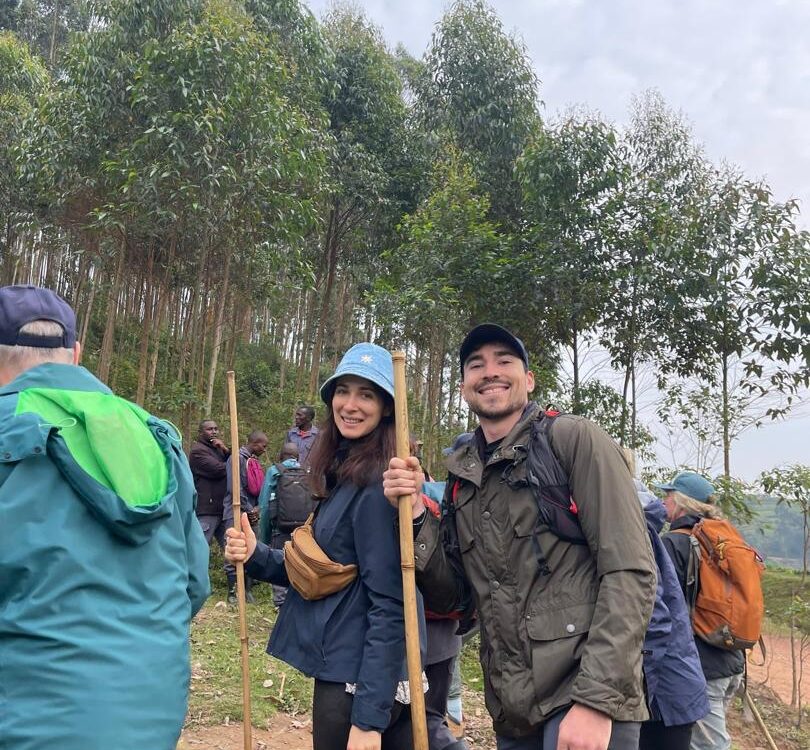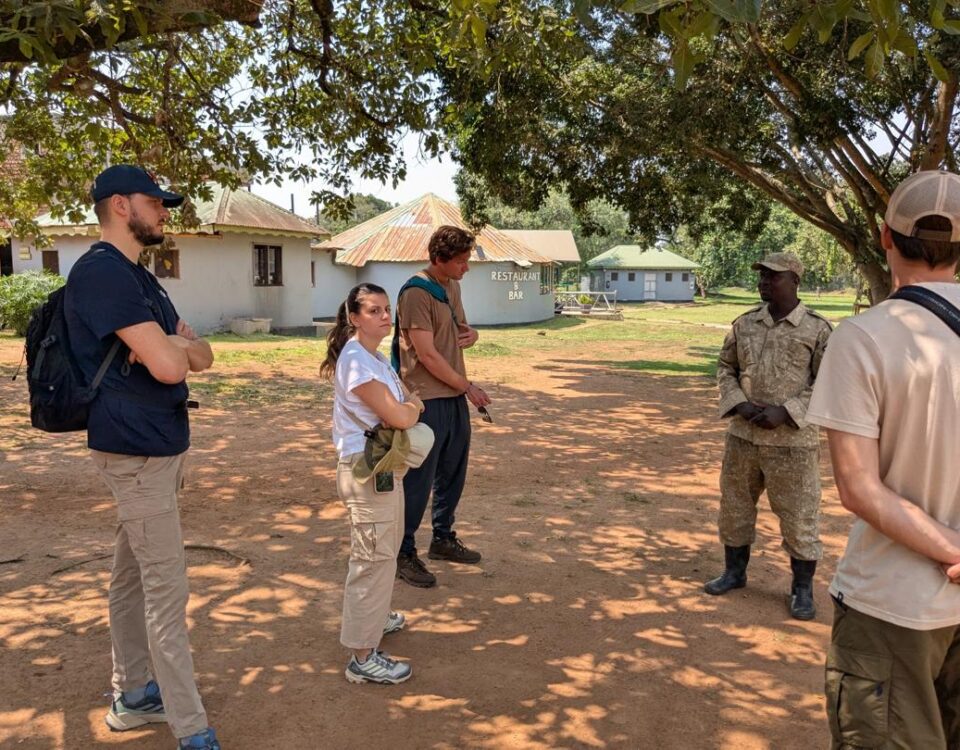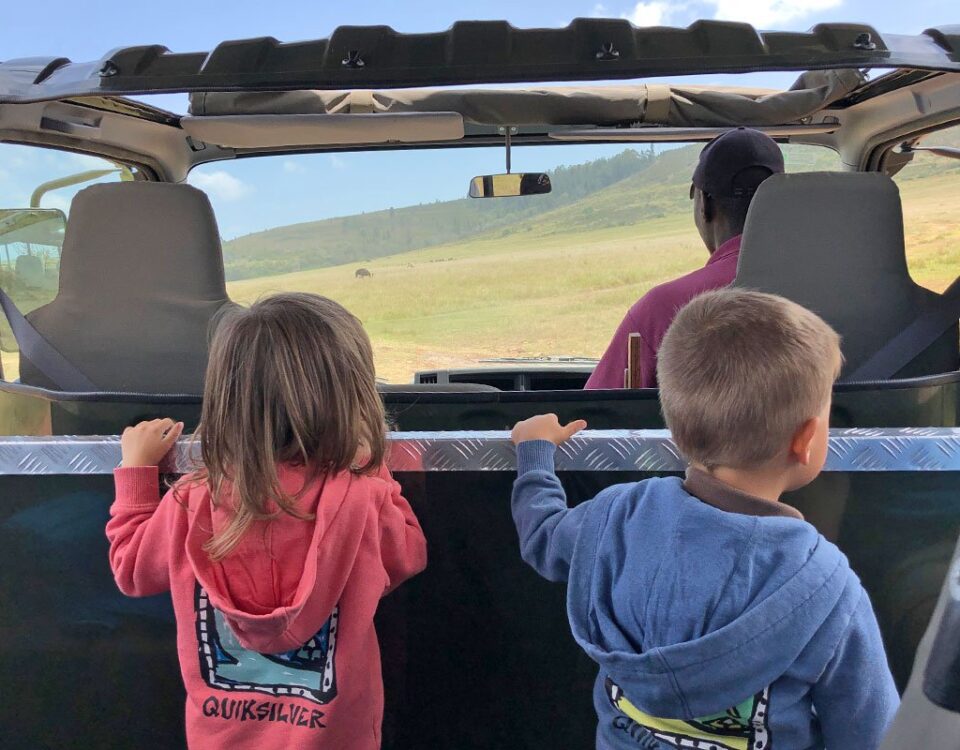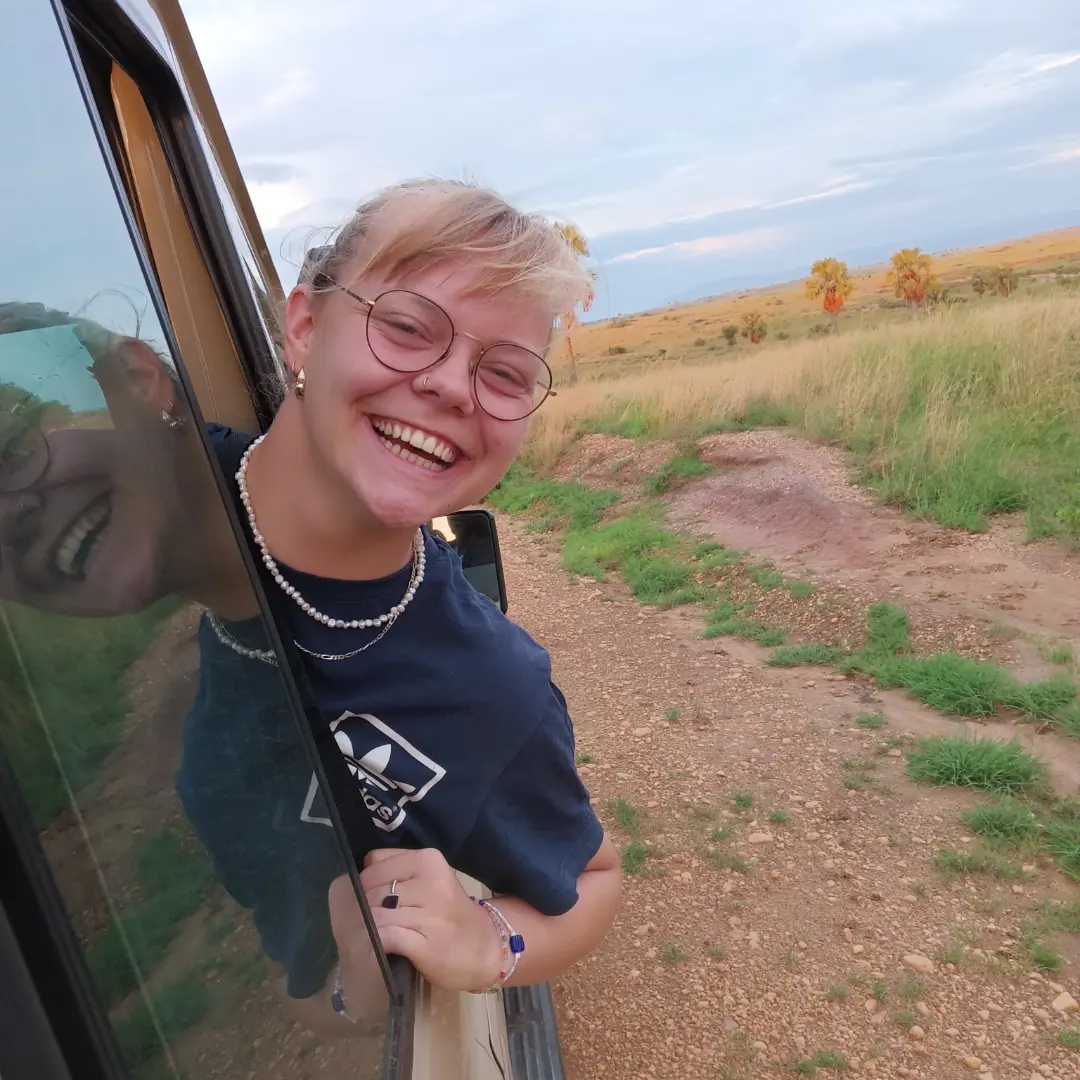
Are There Budget Lodges Near the Uganda Gorilla Trekking Areas?
April 30, 2025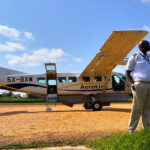
Are There Scheduled Flights to Kihihi or Kisoro Airstrips?
April 30, 2025Are There Cultural Experiences Near Bwindi Impenetrable Forest?
Are There Cultural Experiences Near Bwindi Impenetrable Forest? When planning a gorilla trekking adventure, many travelers focus on the exhilarating wildlife experience, eager to get up close with the majestic mountain gorillas that inhabit the lush, misty forests of Uganda. However, the Uganda safari experience offers so much more than just wildlife encounters. The region surrounding Bwindi Impenetrable Forest, home to one of the world’s largest populations of mountain gorillas, is rich in cultural experiences that offer insight into the lives of local communities and their unique traditions. Cultural experiences near Bwindi Impenetrable Forest are a perfect way to complement your gorilla trekking Uganda journey, enriching your trip with unforgettable encounters with the indigenous tribes and people that call this area home.
In this guide, we will explore the fascinating cultural experiences available near Bwindi, from visiting indigenous tribes to participating in traditional dances and arts. We’ll also look at how these cultural activities can be seamlessly combined with your Uganda Gorilla Trekking experience, enhancing your safari adventure with meaningful encounters. Whether you’re traveling for a Rwanda safari or embarking on a gorilla trekking Rwanda trip, there are numerous cultural opportunities in Uganda that will make your safari even more rewarding.
Uganda Gorilla Trekking Safari Packages and Tours
- 3 Days Gorilla Habituation Safari
- 3 Days Gorilla Trekking Tour
- 3 Days Uganda Fly to Bwindi
- 5 Days Wildlife & Gorilla Safari
- 7 Days Uganda Gorilla Safari
- 8-Day Gorilla & Wildlife Tour
- 9 Days Best of Uganda Safari
- 5 Days Gorilla & Rafting Safari Uganda
- 6 Days Primates Safari Tour
- 10 Days Birding Tour Uganda
- 10 Days Uganda Wildlife Tour
- 12 Days Uganda Wildlife Tour
- 13 Days Pearl of Africa Tour
- 15 Days Uganda Safari
- 18 Days Uganda Safari
- 21 Days Birding Uganda Safari
- 24 Days Best of Uganda Tour
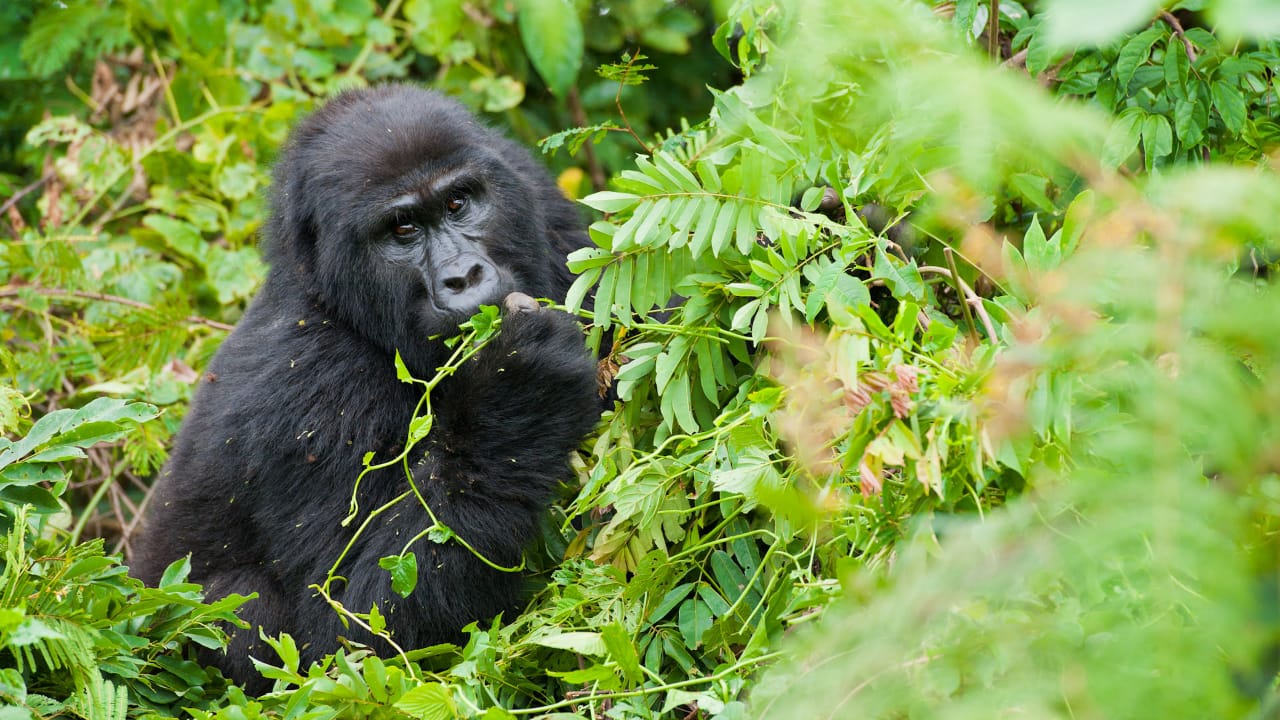
Gorilla Trekking Safari in Uganda
Cultural Heritage of the Bwindi Region: A Deep Dive into Uganda’s Traditions
Understanding the Cultural Diversity of the Region
The region surrounding Bwindi Impenetrable Forest is home to several indigenous communities, each with its distinct traditions, languages, and customs. Among the most notable are the Batwa people, an ancient forest-dwelling tribe that has coexisted with the forests for centuries. Also known as the “Pygmies,” the Batwa have a rich cultural heritage, with traditions and customs passed down through generations. For visitors, exploring the Batwa culture provides an invaluable insight into the history and lives of a people deeply connected to the forest and its ecosystems.
Another important group in the region is the Bakiga, a Bantu-speaking community who live in the areas surrounding Bwindi Impenetrable Forest. Known for their agricultural expertise and rich cultural practices, the Bakiga have a deep connection to the land and a strong sense of community. Both the Batwa and the Bakiga offer tourists an incredible opportunity to immerse themselves in traditional Ugandan culture.
Understanding the unique cultural backdrop of the region will greatly enhance your Uganda safari experience, giving you a greater appreciation for the history and traditions that have shaped this area. The close-knit communities surrounding Bwindi Impenetrable Forest provide a fascinating contrast to the natural beauty of the park itself, offering visitors the chance to connect with the heart of Uganda’s cultural heritage.
Batwa Cultural Experiences: A Journey into the Heart of Tradition
Engaging with the Batwa People: A Unique Cultural Experience
One of the most unique and rewarding cultural experiences near Bwindi Impenetrable Forest is the opportunity to interact with the Batwa people. Known for their deep connection to the forest, the Batwa have lived in harmony with the wilderness for centuries, using traditional skills to survive and thrive in one of the most biodiverse ecosystems on the planet. Unfortunately, the Batwa were displaced when Bwindi Impenetrable Forest was established as a national park, but they continue to maintain their cultural identity through storytelling, dance, and community activities.
Visitors can engage with the Batwa through guided cultural tours that take them through the traditional ways of life of this indigenous group. These tours typically include forest walks where the Batwa demonstrate their ancient survival skills, such as tracking animals, building shelters, and using medicinal plants. The Batwa guides also share their rich oral traditions, explaining their history, customs, and the deep spiritual significance of the forest.
This type of cultural experience adds a fascinating layer to your gorilla trekking journey, as it connects you not only with the wildlife but also with the human history that has coexisted with the forest for centuries. By learning about the Batwa’s way of life, you gain a deeper understanding of the importance of conservation efforts in the region, as well as the challenges faced by local communities.
The Bakiga Culture: Traditions and Agricultural Practices
Learning About the Agricultural Practices of the Bakiga People
Another fascinating cultural experience near Bwindi Impenetrable Forest is the opportunity to explore the agricultural practices of the Bakiga people. Known for their traditional farming techniques, the Bakiga are an integral part of the landscape surrounding the park. Their culture is deeply rooted in agriculture, with the majority of their livelihoods dependent on farming crops like maize, beans, and potatoes. The Bakiga have a long history of sustainable farming, which has helped them maintain a strong connection to the land.
On a visit to a Bakiga village, you can take part in farm tours where local guides will explain the different crops grown in the region and demonstrate traditional farming techniques. These agricultural tours provide an interesting contrast to the wildlife safari experience, showing the delicate balance between human activity and conservation efforts in the area. The Bakiga people’s deep knowledge of the land and their respect for nature is a fascinating aspect of the cultural experience near Bwindi.
In addition to agriculture, the Bakiga are known for their vibrant ceremonies, traditional dances, and music. Visitors often have the chance to participate in these cultural performances, adding a lively and engaging dimension to their Uganda safari experience. Whether it’s joining a traditional dance circle or learning how to play the Bakiga’s distinctive instruments, these cultural encounters offer a memorable way to immerse yourself in the local traditions of the region.
Combining Cultural Experiences with Gorilla Trekking
Enhancing Your Safari with Cultural Tours
While gorilla trekking Uganda in Bwindi Impenetrable Forest is undoubtedly the highlight of any safari, combining this with cultural experiences near Bwindi creates a more well-rounded journey. You can easily integrate these experiences into your travel itinerary, creating a diverse and enriching adventure that appeals to both nature lovers and those interested in human history and culture.
After your gorilla trekking Uganda adventure, take a day or two to explore the nearby Batwa and Bakiga villages. Not only will this offer you the opportunity to learn about traditional ways of life, but it will also give you a chance to contribute to the local community through cultural tourism. Many of these cultural activities are run by local cooperatives, ensuring that the benefits go directly to the communities involved.
Combining gorilla trekking Rwanda with a cultural experience near Bwindi is also possible, especially for travelers embarking on a Rwanda safari. By crossing the border between Rwanda and Uganda, you can experience both the incredible wildlife of Volcanoes National Park in Rwanda and the rich culture of Uganda’s southwestern region. This combination of gorilla trekking Rwanda and Uganda safari activities offers a diverse and exciting itinerary that showcases the best of both countries.
Other Cultural Experiences to Explore in Uganda
Uganda’s Rich Cultural Landscape Beyond Bwindi
While Bwindi Impenetrable Forest is an exceptional place to experience local culture, Uganda offers numerous other opportunities to explore the country’s rich heritage. You can visit the cultural sites in the capital, Kampala, where you’ll find the Uganda Museum, the Kasubi Tombs, and vibrant markets filled with handmade crafts. Uganda is also home to several ethnic groups, each with their unique traditions, including the Baganda, Basoga, and Banyankole peoples.
In addition, Uganda is renowned for its music, dance, and craft traditions. Visitors can attend cultural performances, learn traditional dances, and explore local craft markets where they can purchase handwoven baskets, beadwork, and pottery. These cultural experiences are perfect for those looking to expand their wildlife safari adventure into a deeper exploration of Uganda’s diverse traditions.
Conclusion: A Unique Blend of Wildlife and Culture
A Truly Immersive Uganda Safari Experience
In conclusion, cultural experiences near Bwindi Impenetrable Forest offer a remarkable opportunity to enrich your Uganda safari experience. Whether you choose to engage with the Batwa, learn about the agricultural practices of the Bakiga, or explore Uganda’s broader cultural offerings, these experiences provide a deeper understanding of the country’s history, people, and connection to the natural world.
By combining gorilla trekking Uganda with cultural immersion, you ensure a safari that appeals to both your adventurous spirit and your curiosity about human traditions. As you explore the lush forests of Bwindi, take time to reflect on the cultural stories that have shaped this beautiful part of Uganda. Your journey to Bwindi Impenetrable Forest will be an unforgettable blend of wildlife encounters, cultural discoveries, and lasting memories.

